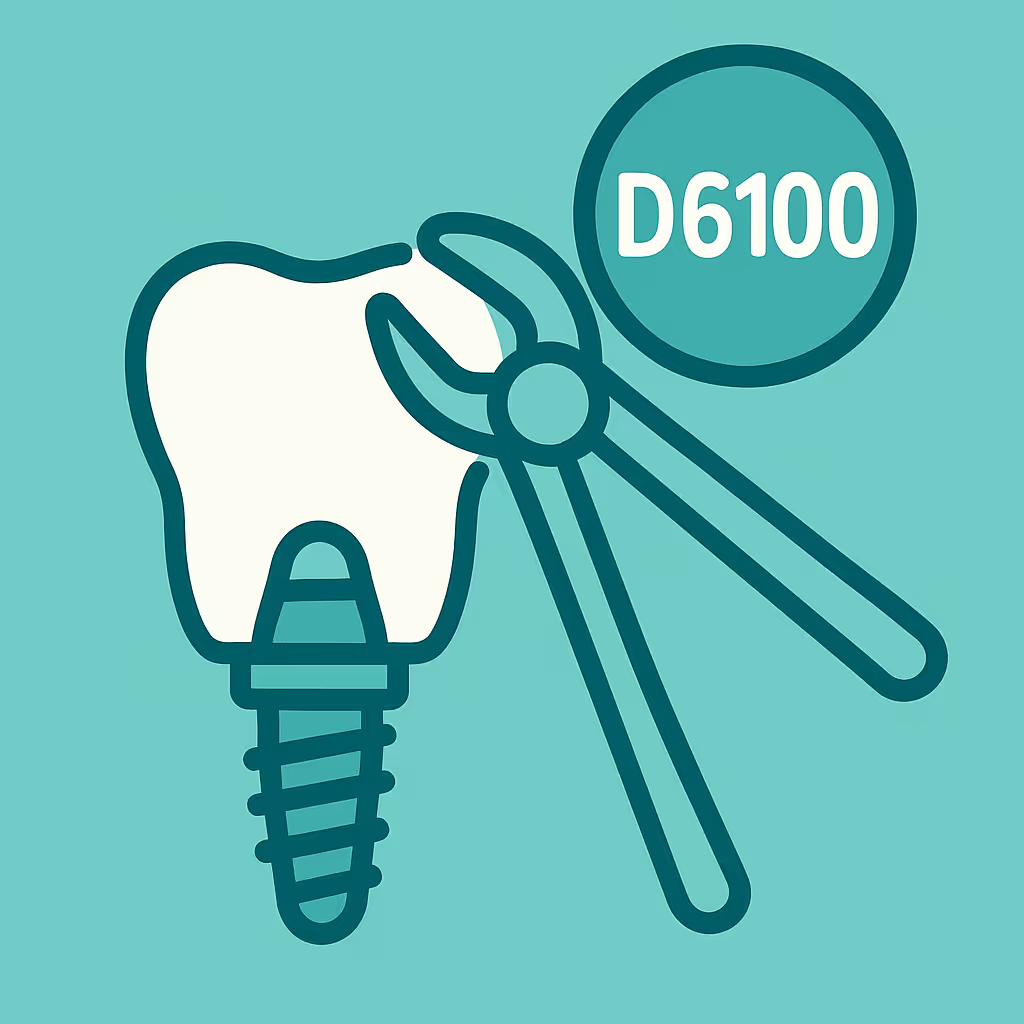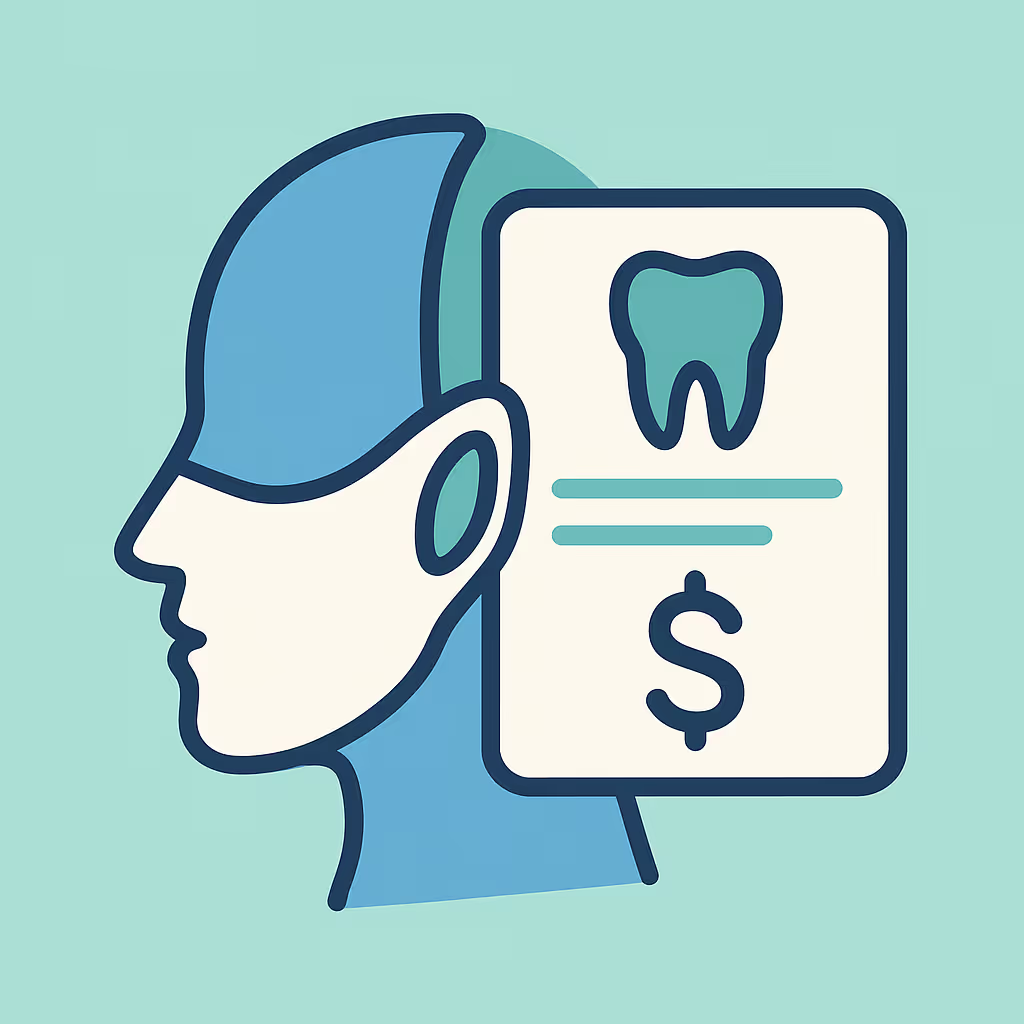Understanding Dental Code D9450
When to Use D9450 dental code
The D9450 dental code is designated for "case presentation, detailed and extensive treatment planning." This CDT code should be used when a dental provider spends significant time and expertise developing a comprehensive treatment plan for a patient, especially in complex cases involving multiple phases of care, interdisciplinary coordination, or extensive restorative needs. D9450 is appropriate when the provider goes beyond a standard consultation, such as for full-mouth rehabilitation, implant cases, or when multiple specialists are involved. It is not intended for routine treatment planning or brief case discussions.
Documentation and Clinical Scenarios
Accurate documentation is essential for justifying the use of D9450. To support this code, dental teams should include:
- A detailed narrative describing the complexity of the case and the time spent on planning.
- Supporting diagnostic materials, such as radiographs, intraoral photos, diagnostic models, and periodontal charting.
- Documentation of interdisciplinary consultations, if applicable.
- Clear evidence that the planning went beyond routine care, such as multiple treatment options or phases.
Common clinical scenarios for D9450 include patients requiring full-mouth reconstruction, advanced prosthodontic work, or coordination with oral surgeons and orthodontists. For example, a patient with severe wear, missing teeth, and occlusal issues may require a multi-visit planning process, justifying the use of D9450.
Insurance Billing Tips
Billing for D9450 can be challenging, as many dental payers consider case presentation and treatment planning part of the overall evaluation and management process. However, successful dental offices maximize reimbursement by:
- Verifying insurance coverage for D9450 prior to the appointment. Some plans may exclude or limit payment for this code.
- Submitting thorough documentation, including narratives and supporting diagnostics, with the initial claim.
- Appealing denied claims with additional evidence of the case’s complexity and the necessity for extensive planning.
- Educating patients about potential out-of-pocket costs if insurance does not cover D9450, and obtaining consent before proceeding.
Always review the patient’s Explanation of Benefits (EOB) and track Accounts Receivable (AR) to ensure timely follow-up on unpaid claims. If D9450 is denied, consider resubmitting with a more robust narrative or referencing similar codes, such as D9310 consultation, if appropriate for the scenario.
Example Case for D9450
Consider a patient presenting with multiple missing teeth, severe periodontal disease, and bite collapse. The dentist conducts a comprehensive exam, gathers full-mouth radiographs, takes impressions for study models, and consults with a periodontist and oral surgeon. The provider spends over an hour reviewing findings, developing phased treatment options, and presenting these to the patient in a dedicated appointment. In this scenario, D9450 is justified due to the extensive planning, documentation, and interdisciplinary coordination required to develop a successful treatment plan.
By understanding when and how to use the D9450 dental code, dental teams can ensure accurate billing, support optimal patient care, and improve practice revenue cycle management.





